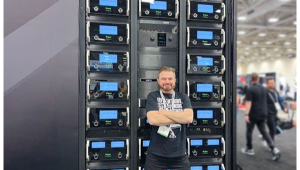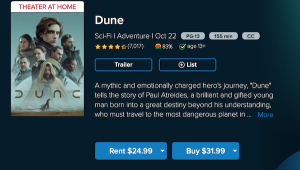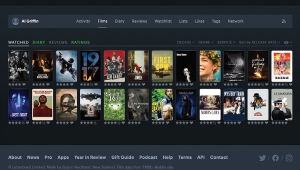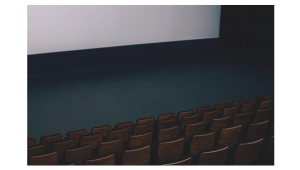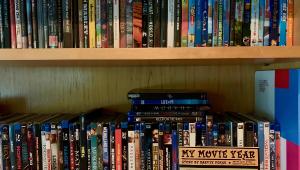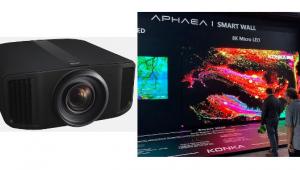The Adventures of K’Scape
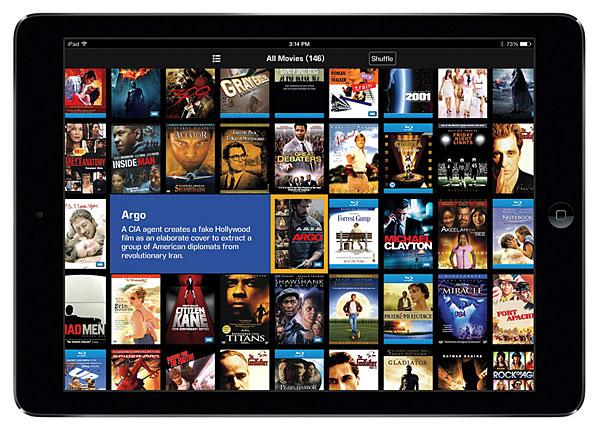
Company CEO Cheena Srinivasan has been up front about the cash crunch K’Scape ran into following a longer-than-expected development cycle for Strato, and about securing new funding (while retaining control) to reopen with fewer employees. As an enthusiast and longtime observer, I’m heartened that a firm whose 15-year history includes an epic battle with Hollywood over our right to watch movies from a hard drive instead of a clumsy optical disc has survived to innovate another day.
Putting aside the practical matter of money that was at the heart of Kaleidescape’s recent woes, its sudden failure generated hand-wringing among industry observers about whether video-on-demand (VOD) was the real problem, and whether the company could survive in this age of streaming. As John Sciacca pointed out in a recent blog, most folks these days are perfectly happy to have a quasi-movie-server-like experience lumbering their way through Netflix or Amazon Prime, sacrificing the quality of our beloved Blu-ray Discs (now in their second-generation UHD version) for the sake of convenience and showing no interest in owning movies permanently.
Kaleidescape’s system provides the superior image quality plus even greater user-friendliness than video-on-demand, though at the cost of expensive hardware and the purchase, rather than rental, of movies.
Kaleidescape’s system provides the superior image quality of 1080p and UHD Blu-ray Discs plus even greater user-friendliness than VOD, though at the cost of expensive hardware and the purchase, rather than rental, of movies. But it’s important to understand that Kaleidescape has survived to date as a turnkey custom-installed solution for which there is no real competition. It has generated big profits for integrators who spec it into high-end homes for mostly non-enthusiast, price-insensitive customers who may not even really know what they’re buying till they live with it. At $4,500 for a 6-terabyte baseline Strato, $3,500 for additional client players, and matching 12-TB and 24-TB expansion severs at $6,000 and $8,000, respectively, these systems are substantial moneymakers for their purveyors.I’m not admonishing Kaleidescape or its dealers for profiting on their proprietary system, or the dynamics that drive its sales, but calling out that it is about as far from a mass-market product as it gets. If we’re thinking that the video server could be the high-performance replacement for the optical disc while we wait for streaming bandwidth to not be a joke, let’s ask why—at a time when cheap storage and processing and media management software are readily available—there isn’t a cheaper mass-market alternative.
I blame the movie studios, who let the genie out of the bottle years ago when they licensed Kaleidescape to rip movies to a hard drive and sell that in the first place, then said “oops!” and tried to take it all back. Every server that has followed calls for the owner to use decryption software to rip his own movies from purchased discs that are, legally speaking, not supposed to be broken into. Not exactly convenient, or even moral (though that’s another discussion).
Hollywood has spent decades driving to a place where every viewing of every movie can be digitally tracked and financially accounted for. The only “ownership” they really want to allow is that which takes place in the cloud, where they can stream it to you and turn off the spigot if and when the time comes. Sure, they are working with Kaleidescape and their download store, serving a limited customer base. But I wouldn’t count on them ever unleashing another Kaleidescape.


